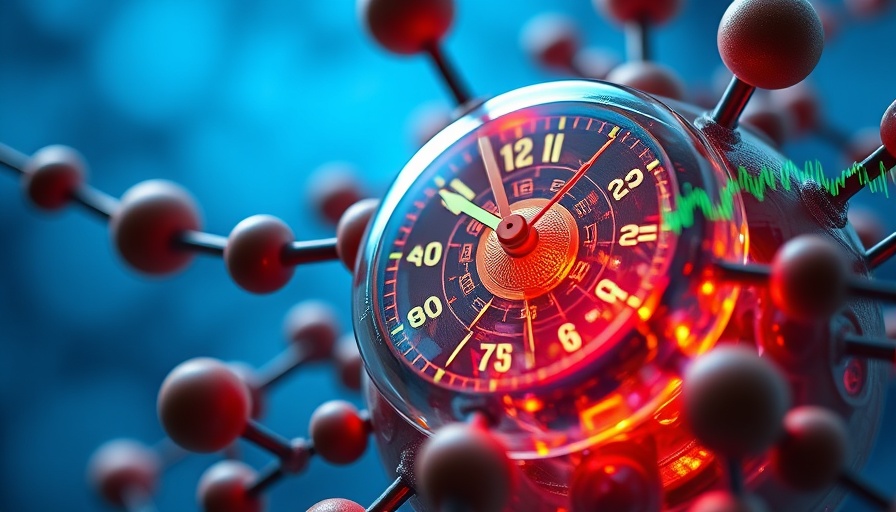
Pushing the Boundaries of Timekeeping Technology
Researchers at UC Merced have marked a groundbreaking achievement by engineering artificial cells capable of mimicking the 24-hour biological clocks found in living organisms. This endeavor not only deepens our understanding of circadian rhythms but also paves the way for innovative applications in biotechnology and beyond.
The Mechanism of Biological Clocks
Biological clocks, also known as circadian rhythms, regulate fundamental processes such as sleep, metabolism, and overall health. By reconstructing these mechanisms within simplified synthetic structures called vesicles, UC Merced scientists demonstrated that these cells could glow in a regular 24-hour cycle. The experiment revealed that these artificial cells could maintain this rhythm for up to four days when supplied with adequate core clock proteins.
Significance of Protein Concentration
The research highlights the crucial role of protein concentration in maintaining cellular rhythms. A computational model built by the team indicated that a higher number of clock proteins results in more robust and reliable timekeeping. This finding suggests that by optimizing protein levels, future applications could harness this technology to create more efficient biological systems, akin to managing a dallas lifestyle where success is often dictated by reliable timing and organization.
Real-World Applications and Innovations
The implications of creating reliable artificial timekeeping cells extend far and wide. From agriculture to pharmaceuticals, industries that depend on precise timing could see advancements through the application of these findings. For instance, dallas lifestyle management clinics could implement synchronized systems that improve treatment protocols for patients with biological rhythm disorders.
Challenges and Future Directions
Even though the current study is a monumental step, challenges exist. Adjustments must be made to ensure that these artificial cells perform under varying environmental conditions. Future research could explore how these timekeeping mechanisms adapt in different scenarios, perhaps even integrating them with user-friendly platforms like lifestyle management apps for individuals living in urban areas like Dallas.
Key Takeaways on Biotechnology and Daily Life
This research represents a significant leap in both understanding and manipulating biological processes. For those interested in the cost of living in Dallas, the ability to customize and enhance health through scientifically engineered biological clocks could lead to more productive lifestyles. As these technologies advance, they offer insights on how our biological rhythms can be better managed, possibly even impacting how we approach daily life in bustling cities like Dallas.
Cultural Reflections on Timekeeping
As cities evolve, the ways individuals adapt and synchronize their lives to urban rhythms can either enhance or hinder quality of life. The findings from UC Merced not only open new frontiers in science but also provoke reflection on how our living in Dallas experience might change as we learn to control our circadian rhythms more effectively.
Take Action for Your Health
The potential of these artificial cells could revolutionize health management, making it invaluable for both individuals and healthcare providers. Stay informed about how advancements in biotechnology can transform your lifestyle and improve your well-being.
 Add Element
Add Element  Add Row
Add Row 



Write A Comment